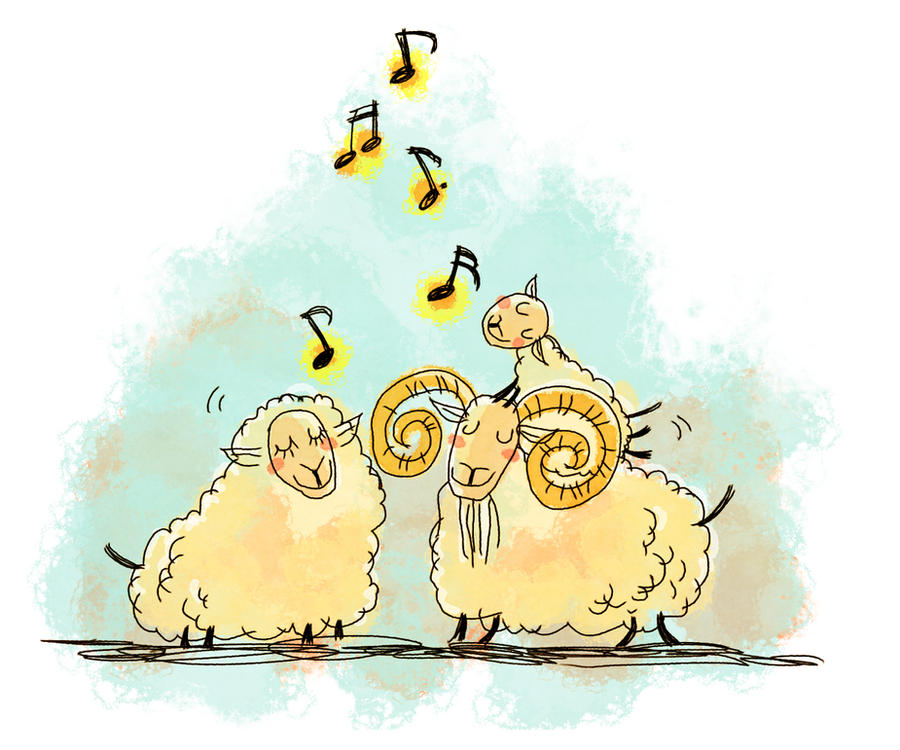My amazing daughter is six today. What does this mean to you, reader of this blog about musical theatre writing? Well, in this season where SpongeBob SquarePants is one of the biggest Broadway musicals, it might make sense to look into the overlap ‘twixt musical theatre and a kindergartner.
A bundle of unrelenting energy, filled with jokes, dances, songs at all different volumes – Wait: am I talking about my daughter or a musical here? My girl usually stays up past ten, which is a cross to bear. If your musical runs past ten, it’s probably too long. But even if it doesn’t, it can seem long if the energy flags for too many ballads, or quiet moments. Writers tend to love their ballads, and you might think your quiet bits are the best work you’ve done. Unfortunately, your audience enters the theatre with an expectation of a dynamic (rather than quiet) experience. I was recently staring at my storyboard and an alarm went off: energy flagging towards the middle. Or maybe the alarm was actually a kid running in and jumping on my back.
OK, now I just sent her off to get dressed, giving me the opportunity to listen to an application I’m mailing in this month. Music heard while clothes get changed. Hmm… Is this something you’ve considered? Of course, magic transformations have become a fun component of modern musical theatre. Groundhog Day required such speed, it actually injured its star, and Andy Karl is strong enough to have previously played a boxer. Or, thinking of a show we saw as a family, Cinderella twirls and her dress of rags becomes a beautiful ball gown before our astonished eyes. We should all be so lucky to have directors and costumers who can come up with clever ways of keeping our works aloft.
Recently, I worried out loud that I’m now cut off from what was my main method of discovering new show tunes. Used to be, savvy students would plop good material on my piano, like Pasek & Paul’s Along the Way or Sara Bareilles’ When He Sees Me. So I’m going to have to more actively research what worthwhile new songs are out there. But there are plenty of previously unheard examples of characters breaking into song accompanying my cooking. You see, when I prepare meals for my daughter, I allow her to watch TV and often she’ll choose a show, which, to my pleasant surprise, is a musical. Sophia the First, Elena of Avalor, and the much-dreaded My Little Pony usually contain a song and I’m impressed that the animation industry’s making the effort. It’s a reminder that there’s more of a market for show tune-like material than just the legitimate theatre. Now, the aesthetic and requirements differ significantly. But I’m now remembering a cassette tape I was given by a Hollywood friend many years ago. It was a songwriter’s sampler, and it contained both a fun adaptation of Shakespeare’s The Tempest, and truly funny numbers that had been done on Animaniacs. Inspiring and amusing; I tend to enjoy songs that make me laugh out loud in any medium.
It ain’t easy. And now I’m not talking about comedy songs, but raising a child. Little quandaries and controversies constantly pop up, and I’m lucky enough to utilize these as a kind of building material for my new musical. An example, sitting on a pad on my desk:
I want to be a fun parent
With no fears about trampolines
One parent
She respects till she’s in her teens
I don’t think I’d know trampolines are hazardous if my wife hadn’t told me.
But now I’m worried how this will play for an audience that may or may not be aware of that peril. So, in all likelihood, these lines won’t stick around for the final draft.
And what does that even mean, “final draft,” anyway? So many of the big-time Broadway writers seem to be spending a lot of time coming up with new drafts of old works. Rags is an example. Its lyricist Stephen Schwartz is frequently occupied by tinkering with works one might have considered “finished.” And thinking about my daughter gets me thinking about a lyric he wrote when he was a new father.
All of a sudden your stew tastes different
And you hear the sheep bleat in a different key
And you see with new eyes
As it happens, this is one of the many phrases Schwartz rethought later, and changed. When I first heard it, I thought the concept of sheep changing keys was a little much. But, since becoming a father, I’ve come to believe all those lines are apt. And what could be more revivifying, for a writer, than seeing with new eyes?
A good friend, six years ago, came up what a particularly wonderful baby gift. He had a onesie made with the last three lines of one of my lyrics on it. Today it sits on my dresser and, as if by magic, the whole song speaks to the process I just described. You’re a young person, cynically believing clichés are puerile, and, eventually, stuff happens to you that makes forced phrases seem like profundities. Stuff like my daughter.



 Posted by Noel Katz
Posted by Noel Katz 
















